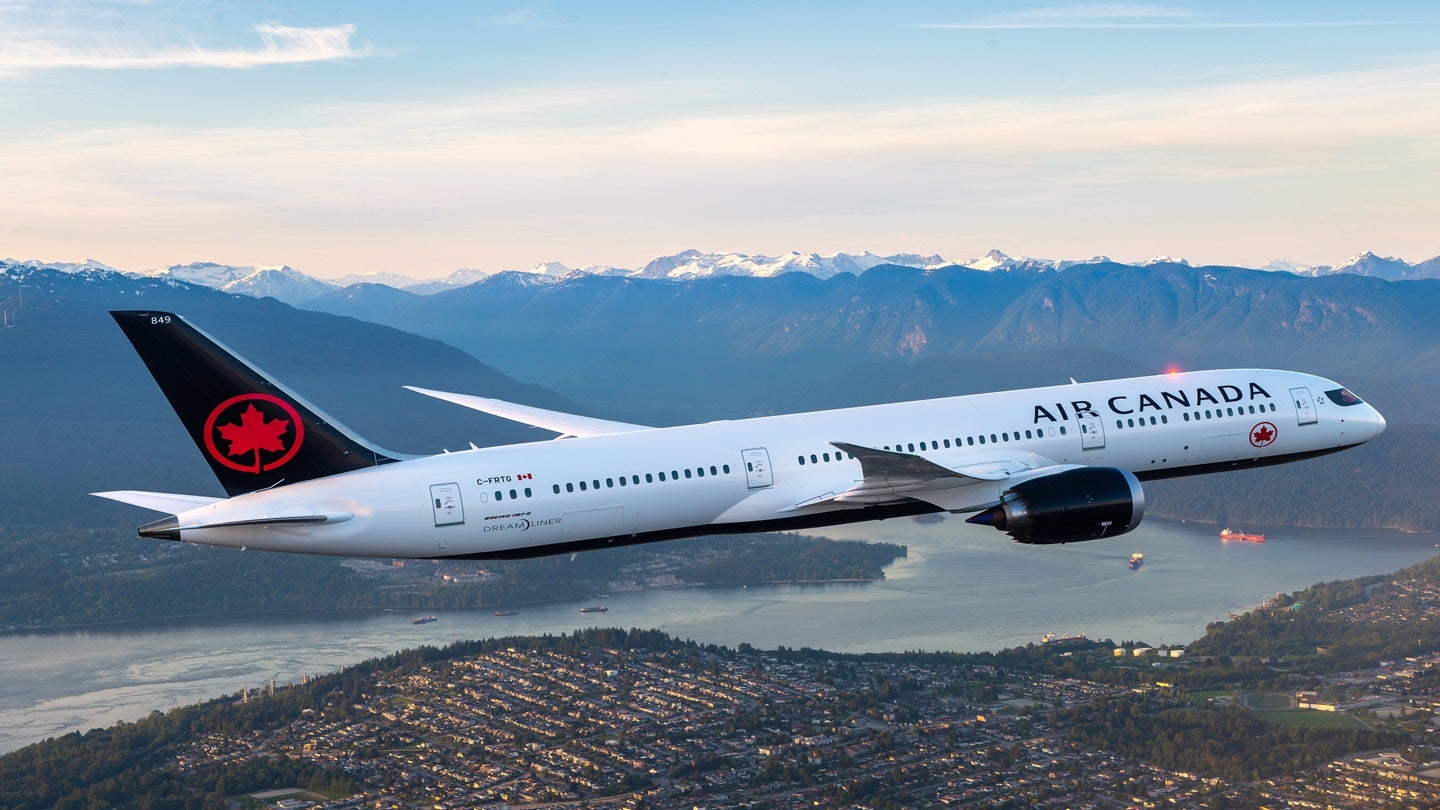


Air Canada has entered an agreement with Neste to procure 77.6m litres of sustainable aviation fuel (SAF).
This marks Air Canada’s first commercial import of SAF into the country, supporting its environmental sustainability commitments.
Air Canada CEO and president Michael Rousseau said: “Air Canada is actively pursuing efforts to mitigate its greenhouse gas emissions and SAF is a critical component of our multifaceted approach to reducing our impact on the environment and promoting environmental sustainability in our operations.
“This SAF purchase from Neste contributes significantly to our target of procuring SAF for one per cent of our estimated jet fuel use in 2025.”
Neste MY Sustainable Aviation Fuel will be delivered in a blended form to the Vancouver marine terminal starting December, with further shipments planned through next year.
The terminal’s direct pipeline connection to the fuel facilities at Vancouver International Airport facilitates the use of blended SAF at the airport.
Access the most comprehensive Company Profiles
on the market, powered by GlobalData. Save hours of research. Gain competitive edge.

Company Profile – free
sample
Your download email will arrive shortly
We are confident about the
unique
quality of our Company Profiles. However, we want you to make the most
beneficial
decision for your business, so we offer a free sample that you can download by
submitting the below form
By GlobalData
Building on the existing partnership between the two companies, the agreement supports Air Canada’s sustainability goals, including its target to source SAF for 1% of the airline’s projected jet fuel consumption by 2025.
Neste supplied SAF to Air Canada in 2023 at San Francisco International Airport and Amsterdam Airport Schiphol.
Neste executive vice president Carl Nyberg said: “We are proud to expand our partnership with Air Canada by supplying them with a large volume of Neste MY Sustainable Aviation Fuel for use at Vancouver Airport.
“It is the first time our SAF is supplied to Canada. It underlines our commitment to supporting the Canadian aviation industry in its efforts to mitigate emissions and also shows the important role that policy support can play in accelerating SAF usage. We look forward to continuing our excellent collaboration with Air Canada.”
Despite new capacity, global SAF supply remains limited and expensive. According to IATA, even a tripling of SAF production in 2024 would only satisfy 0.53% of aviation’s total fuel requirements.
Air Canada, along with other major Canadian companies, is working with the Canadian government to advance SAF availability and support cost-competitive domestically-made supplies.
Canada is well-positioned for SAF production due to its renewable feedstocks, advanced refining capabilities, and new technology providers, stated the Canadian Council for Sustainable Aviation Fuels (C-SAF).
Air Canada aims to achieve net-zero GHG emissions by 2050 across its global operations and has set midterm targets for reducing GHG emissions from its air and ground operations by 2030, based on 2019 levels.